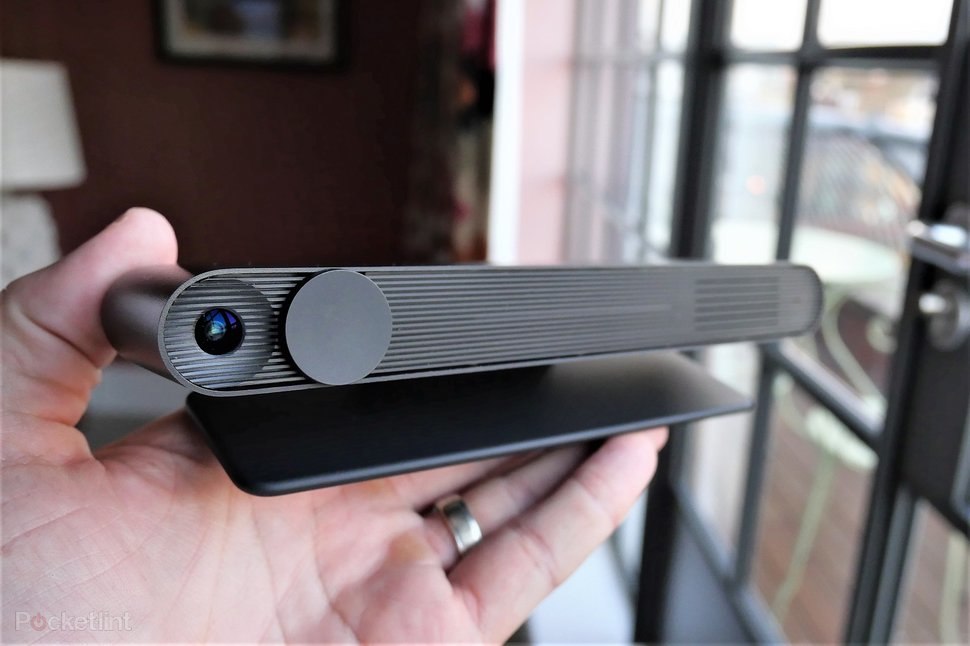Facebook Messenger Added End-To-End Encryption For Voice And Video Calls.
As the name suggests, Facebook Messenger is an app that allows users to communicate via chat, voice, and video between Facebook’s web-based messaging and smartphones. User’s device and geographic location determine specific capabilities.) Mobile data plans and Wi-Fi connections are available for users of the Messenger app on iOS, Android, Windows 10, and Blackberry.
SMS texting is also integrated into the Android app so users don’t have to switch between different communication interfaces to communicate with their friends and family. Users can access text messages and Facebook chat through the interface once Messenger is selected as the default SMS client. A purple color code is used to distinguish between SMS and Facebook messages.

Messenger will now support end-to-end encryption for voice and video calls. On its blog, the company announced that it is implementing the change as well as new controls for its disappearing messages. It’s possible that some users will also notice some new encryption test features.
With the addition of the “secret conversation” option to Facebook Messenger’s app, text messages were encrypted from beginning to end in 2016. Now, that mode also allows for the use of a telephone. Because Messenger is now receiving more than 150 million video calls per day, Facebook says the feature is being added to keep up with the growing popularity of voice and video calls.
It was already possible to make calls with E2EE, which prevents anyone but the sender and receiver from seeing the encrypted data, on the Facebook chat app WhatsApp. And so do others like Zoom, Signal, and Apple’s FaceTime video calling app. E2EE, according to Facebook, is “becoming the industry standard” for messaging apps. Before now, there was speculation that Facebook might roll out an encrypted messaging system across WhatsApp, Messenger, and Instagram.
Smaller changes will be made to text conversations. To make a message disappear, you can choose from a range of time frames from five seconds to 24 hours. When it first launched, it offered one-minute increments as well as one-hour, four-hours, and 24-hours.
However, Facebook is running a limited beta test of other features that will be visible to everyone. “Friends and family that already have a chat thread or are already connected” end-to-end encrypted group chats and calls will be available for some users. As well, Facebook’s existing non-E2EE controls on who can contact them on Messenger will be supported. For those who use Instagram, a “limited test” is offering opt-in E2EE for that app’s direct messages.
Facebook is an American company that provides social networking services over the internet. Mark Zuckerberg, Eduardo Saverin, Dustin Moskovitz, and Chris Hughes, all Harvard University students, founded Facebook in 2004. Facebook became the world’s largest social network in 2012, with more than one billion users, half of whom used it daily.
Part of Facebook’s appeal comes from Zuckerberg’s insistence that members be honest about who they are from the start; users are prohibited from adopting fictitious names. The company’s management argued that transparency is necessary for forming personal relationships, sharing ideas and information, and building society as a whole. A peer-to-peer network of Facebook users makes it easier for businesses to connect with consumers.
“Facebook,” as it was called back then, was created to allow Harvard students using their “.edu” email addresses and photos to connect with each other. Zuckerberg saw an opportunity to bring the existing social experience of college into cyberspace when he was a student. He wanted to create a place where college students could come together and socialize.
With a market cap of more than $600 Billion, the social media giant had revenues of $70.7 Billion in 2019. As a result, Zuckerberg is one of the world’s wealthiest men.

